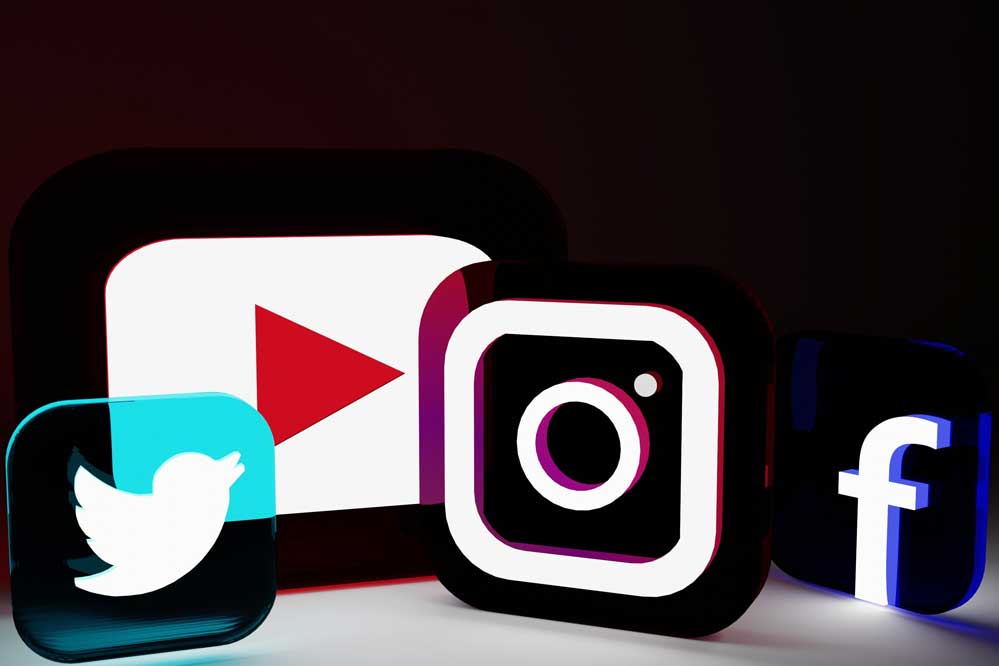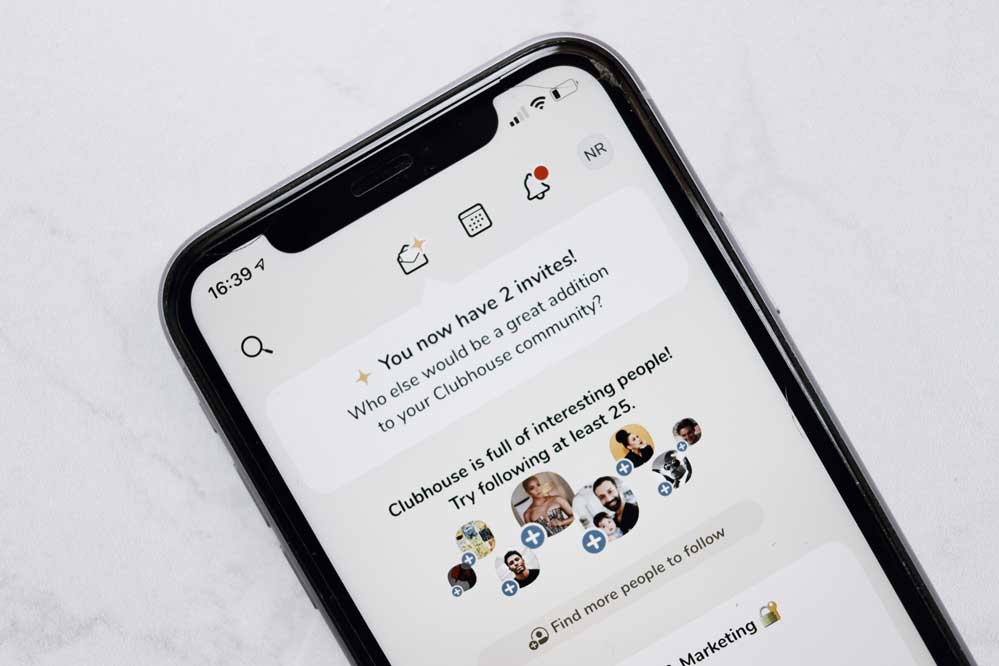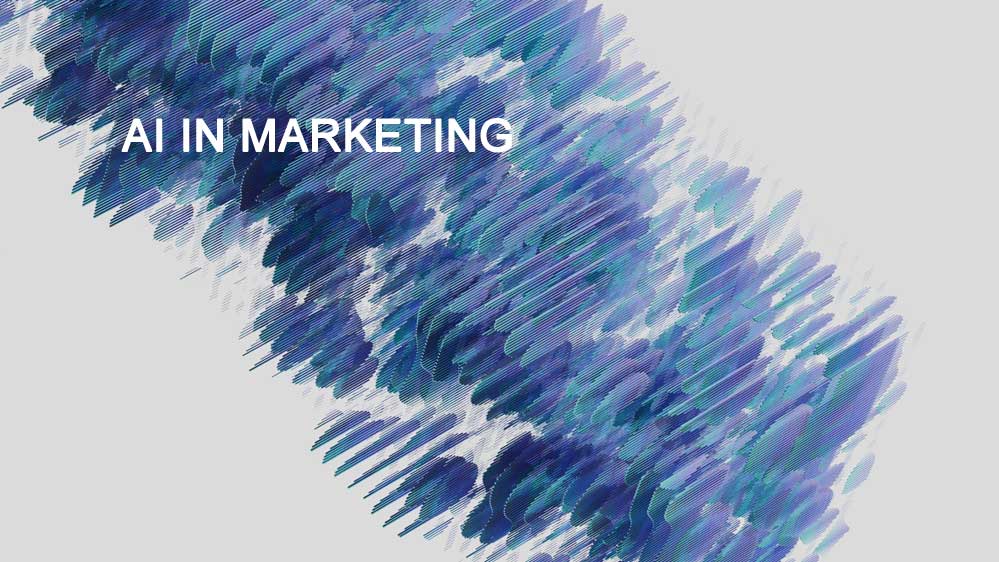How has Artificial Intelligence(AI) influenced Digital Marketing?

Artificial intelligence has widespread use in the digital marketing space. Since its inception, Artificial Intelligence has become increasingly relevant to digital marketing strategy and execution. From making predictions, constructing simulation models, and even customizing the purchasing process by offering suggestions based on previous purchases, the importance of Artificial Intelligence in digital marketing is undeniable. With technology constantly changing ad developing, digital marketing will benefit significantly from using Artificial Intelligence.
What is Artificial Intelligence(AI)?
Artificial Intelligence is the development and theory of computer systems able to perform tasks that require human intelligence like decision-making, translating languages, recognition of speech, visual perception, and problem-solving. The ideal feature of Artificial Intelligence is its ability to identify its environment, analyze the environment, solve problems, and take actions that have the best chance of success.
Types of Artificial Intelligence
Reactive Machines
These are the most basic type of AI. They only react to current situations and cannot create memories, store information, or use past experiences in decision-making.
Limited memory
This type of AI can store previous data and use it to learn, train, and make better predictions.
Theory of mind
This concept of AI can perform the functions of limited memory machines and have the cognitive capacity to understand and respond to human emotions.
Self-aware
These machines are aware of their emotional states and that of others. This AI has human-level intelligence and can process, mimic and respond to human emotion.

What is Digital Marketing?
Digital marketing is advertising a brand, product, or service using the internet and other digital channels like email and social media. With the advent of the internet in the 1990s, digital marketing has revolutionized the marketing industry allowing businesses to reach a larger consumer base. Digital marketing campaigns appear on social media, tablets, and computers and can measure their impact throughout the customer journey.
Alt Text: Digital marketing is essential when reaching out to potential customers on social media platforms.
Digital Marketing channels
Digital marketing is conducted through a variety of channels.
- Affiliate marketing: affiliates earn a commission for marketing a company’s product. Commission can be from traffic generated or purchases made.
- Social media marketing: marketing on social media channels like Facebook, Twitter, Instagram, and Youtube.
- SMS marketing: sending promotional messages via SMS.
- Content marketing: the creation of written material that will engage, attract and retain an audience to create a customer base.
- Video Marketing: using videos to promote and create awareness of a product or service.
- Email marketing: sending customized content to your subscribers. The content can include discounts or information on new products.
- Pay-per-click advertising: the advertiser pays every time their ads are clicked.
- Website marketing: promoting a company’s website to increase traffic.
- Search engine optimization: making your website page rank higher on search engines.
Impact of Digital Marketing on Business
In a world that is constantly moving towards the digital space, digital marketing has become essential to most businesses. Over 3 million people in the world use social media channels daily and a majority are more likely to follow brands than celebrities. Good digital marketers utilize the digital space to promote brands and increase awareness of the products or services that they offer.
Here is how digital marketing has impacted businesses that use it:
- Lead generation
Leads are generated when customers show interest in a product. Social media marketing allows users to show interest in your product without having to purchase it; this generates more leads for your business.
- Sales increase
Digital marketing exposes your brand or product to a large audience maximizing the purchasing potential. This increases your sales volume.
- Increase in brand awareness
More than half of the world’s population is on social media today; making it the perfect tool to connect with potential customers and increase your brand awareness. More than 50% of social media users get to know about new brands through this platform.
- Connecting with customers one-on-one
Unlike traditional forms of marketing which involve one-way communication, digital marketing is a dialogue. The audience can directly interact with the brand or business. Customers can give reviews on products and services directly to the business.
- Improves customer service
Customer service in digital marketing can be automated making responses to queries quicker. Fast answers to questions about your products will help you retain and grow your customer base.
- Cuts down on marketing expenses
Digital marketing is cheaper than traditional forms of marketing. This is because most processes are personalized and automated.
- Variety of marketing outlets
Digital marketing opens up marketing opportunities that would otherwise be unavailable with traditional forms of marketing. There is a wide variety of marketing outlets to choose from. Businesses can pick the outlets that best suit their needs and use them. They can even decide to optimize their results by using all the marketing outlets available.
- Global reach
Traditional forms of marketing are usually limited to a specific geographical zone/region. However, digital marketing has a global reach; it delivers your marketing message to a worldwide audience. Global exposure to your brand increases sales volume.

How has Artificial Intelligence changed digital marketing for the better?
Automated and personalized marketing
Automated marketing is great but most of the time it is not personalized; this could be the difference between making a sale or not. AI and machine learning can collect customer data by analyzing their preferences and sending personalized messages and emails.
AI also can predict what type of content will appeal to a specific customer at a specific time and create an attractive message persuading them to buy. AI can automate social media marketing, email marketing, search engine optimization, and pay-per-click advertising. In a world where businesses are competing to get to clients first, personalized marketing gives a company an upper hand over its competitors.
Targeted marketing
Convincing someone you do not know to purchase your product or service can be difficult. This is a hurdle that traditional forms of marketing have not been able to overcome. However, AI can create customer segments based on the occurrence of behaviors and future events. This technique is known as predictive consumer segmentation and is usually automated. Using the data from predictive consumer segmentation, marketers can estimate whether the consumers will be interested in their products before asking them to buy, saving time and increasing sales.
Boosting customer relationship management(CRM)
A customer relationship management system allows a business to maintain a good relationship with customers and increase sales.
AI-based customer relationship management gives companies insights into how their customers interact. It can also monitor customer data and predict who is likely to make a purchase. AI can also, study different sales scenarios where deals were rejected or closed and provide useful information that can assist the sales rep to take the right steps to close a deal. AI can also identify which customer has the intention of purchasing the product or service thereby quickening the sales process. Chatbots also offer knowledge that is critical to expanding your client base. With AI-based CRM, businesses close more deals and lose less money.
AI-based content marketing
Alt Text: Artificial intelligence conducts content research allowing content marketers to deliver customized content to potential buyers.
Marketing largely relies on getting the right message to consumers at the right time. This requires market research to identify consumer trends and craft the right content to persuade consumers to buy.
AI has already started revolutionizing content marketing. A lot of work usually goes into content marketing; content writing, search engine optimization, trends, and analytic and keyword research. With chatbots, predictive analysis, and custom feed algorithms, AI can perform content research and development allowing content marketers to focus on the writing. It also assists in predicting topics that will be of interest in the future providing content marketers with a head start in the content writing process.
In addition to conducting content suggestions and research, Artificial Intelligence can integrate data from its predictive analytics into content like blogs and articles creating content that can generate leads and increase sales.
Identifying micro-influencers
Influencers are currently playing a huge role in the marketing industry. With their large number of followers and subscribers, they are one of the best options to use in social media marketing. The majority of influencers are usually celebrities; they are quite expensive to hire. However, there are smaller influencers(micro-influencers) who have created an audience of people who value their opinions. They are also cheaper than celebrities.
AI algorithms enable marketers to identify a micro-influencer who will best promote their products or services by analyzing their audiences and the content they post. AI will also assist the marketer in deciding whether it’s best to hire an influencer or several micro-influencers. Choosing the right influencer using AI is better and more efficient than the marketer deciding on their own which influencer is best.

Customer service chatbots
A chatbot is a computer program that uses AI and natural language processing to simulate human conservation. It can understand customer questions and send automated responses to them.
Many customers prefer to communicate with companies via messaging apps like WhatsApp, direct messaging, and Facebook messenger. It is difficult and expensive to maintain customer care staff on these platforms. Some businesses use chatbots to respond to customer inquiries decreasing the workload and providing instant responses. Chatbots can also be programmed to give predetermined answers to frequently asked questions. In addition to this, they can also forward complex queries to a human operator.
Enhanced security
Transferring large amounts of data securely were previously seen as difficult to achieve. However, with biometric authentication that uses AI technology, it is now possible to gather and transfer data securely. Digital marketing data is paramount in customizing customer experiences, and safeguarding it will ensure that you maintain your customer base. Customers are also more likely to purchase if the safety of their data is guaranteed.
Predictive analytics and behavioral analysis
Data on the behavioral patterns of customers can easily be found on the internet. Analyzing these huge amounts of data is impossible for humans. Artificial intelligence, on the other hand, uses machine learning and large data analysis to analyze customer data and give information on the current and future behavior of customers. This information can be used in future marketing campaigns.
Alt Text: Predictive analytics can predict future customer behavior and purchasing patterns.
Why use Artificial Intelligence in Digital Marketing
- It identifies market trends and opportunities.
- Makes marketing more effective in driving revenue.
- Provides in-depth and precise analysis of campaigns.
- Helps to pinpoint potential customers.
- Helps to identify new marketing opportunities.
- Identifies current and future marketing opportunities.
Benefits of using AI in digital marketing
- It saves on costs.
- Personalization of the digital marketing processes to fit customer behavior.
- Understanding your customers better.
- Increase in sales
- Reduced human error.
- It has enhanced user experience.
- Improvement of recommendations and suggestions of future trends and personalization of the marketing strategy.
- Search Engine Optimization.
- Optimization of pay-per-click advertising.
- Content curation and creation.
Will AI take over digital marketing?
There has been a lot of debate on the future of AI in digital marketing with some marketers thinking that Artificial Intelligence will end up replacing them. However, AI adds value to marketing teams by helping to analyze large data sets, enabling personalized marketing, and using predictive analysis to assist in future campaigns. AI is a co-partner, not a replacement.
Artificial Intelligence and Digital Marketing
Artificial Intelligence assists in several tasks in digital marketing like optimizing campaigns(email and social media), analyzing customer data, and predicting future trends and consumer behaviors. It can also automate tasks like customer service(using chatbots) and email marketing campaigns. Incorporate Artificial Intelligence into your digital marketing strategy to enjoy the above benefits and more!





